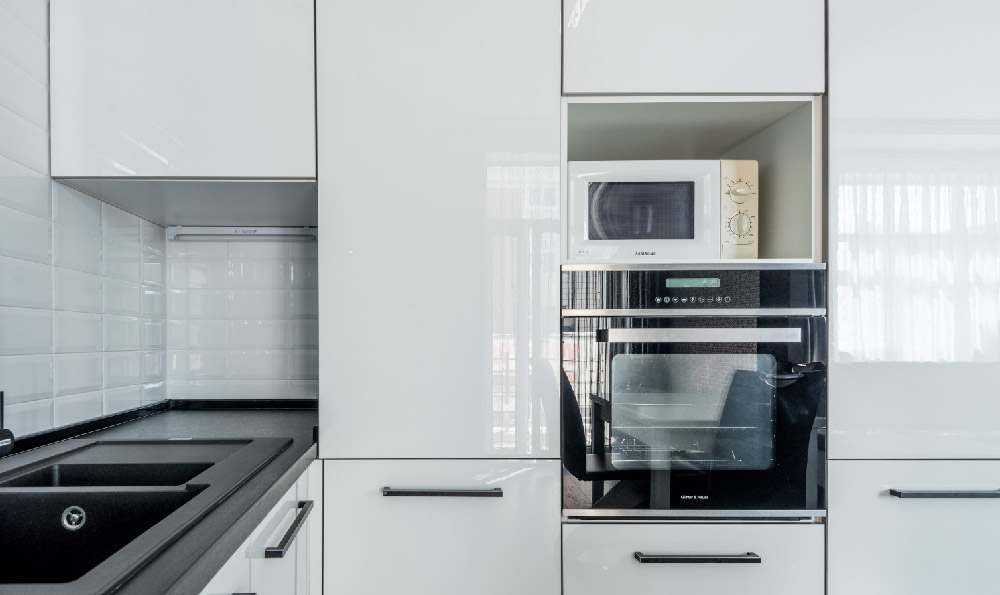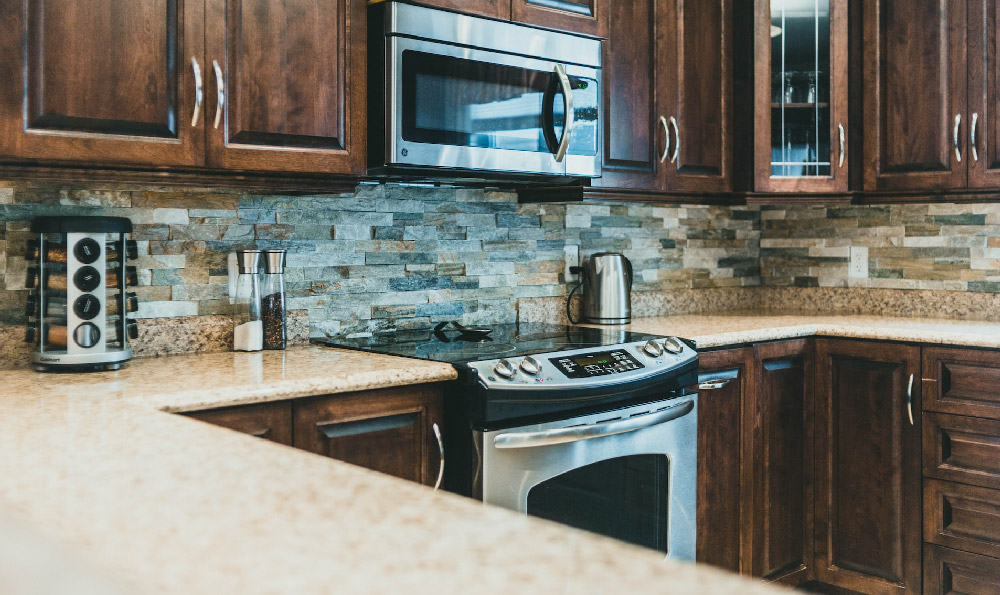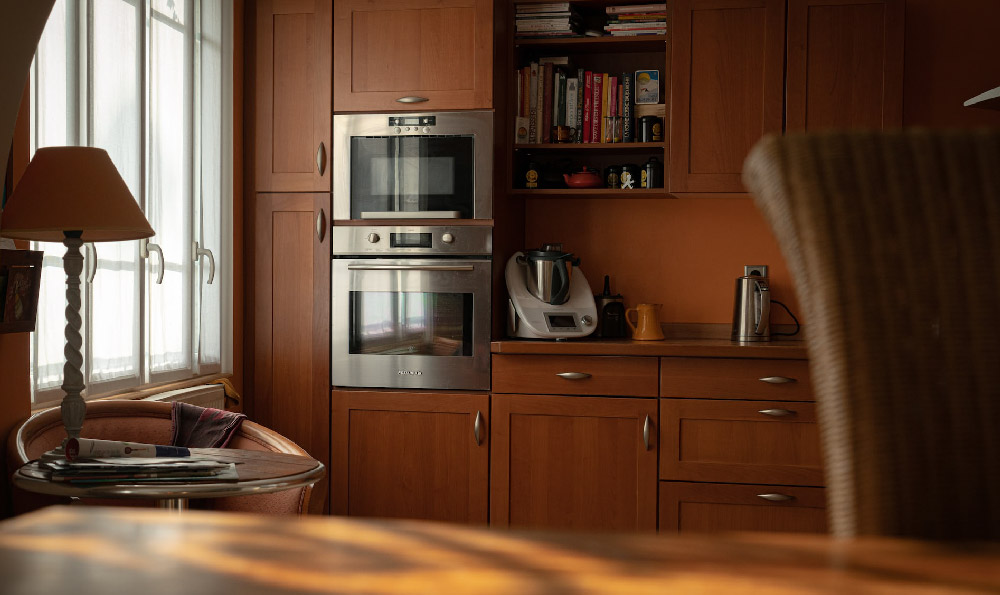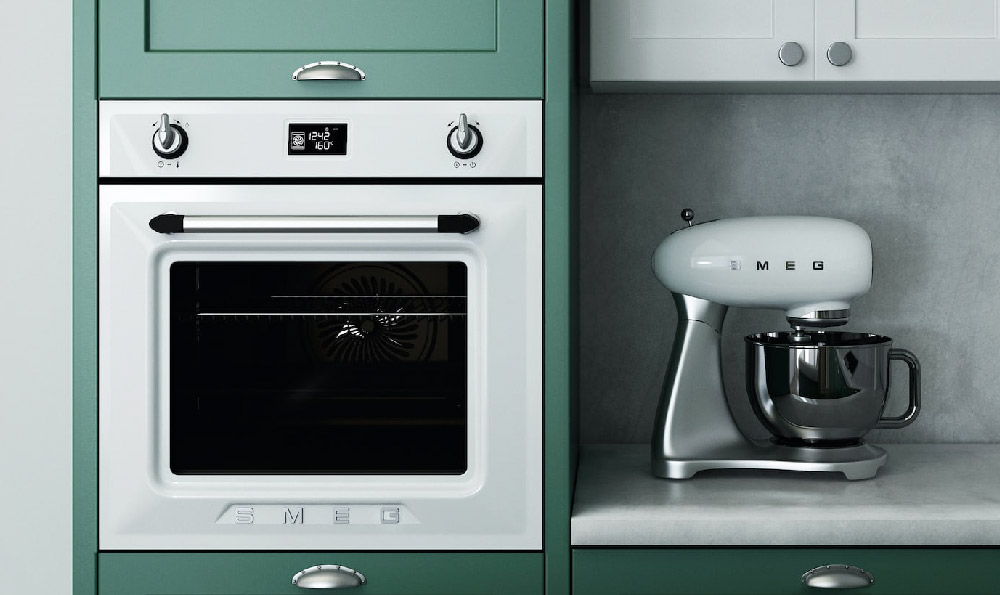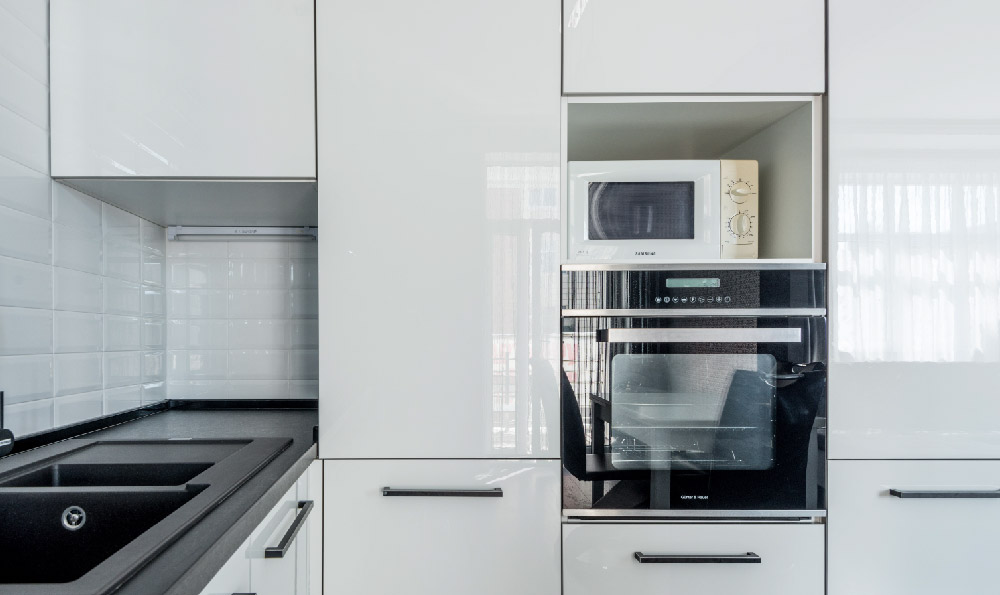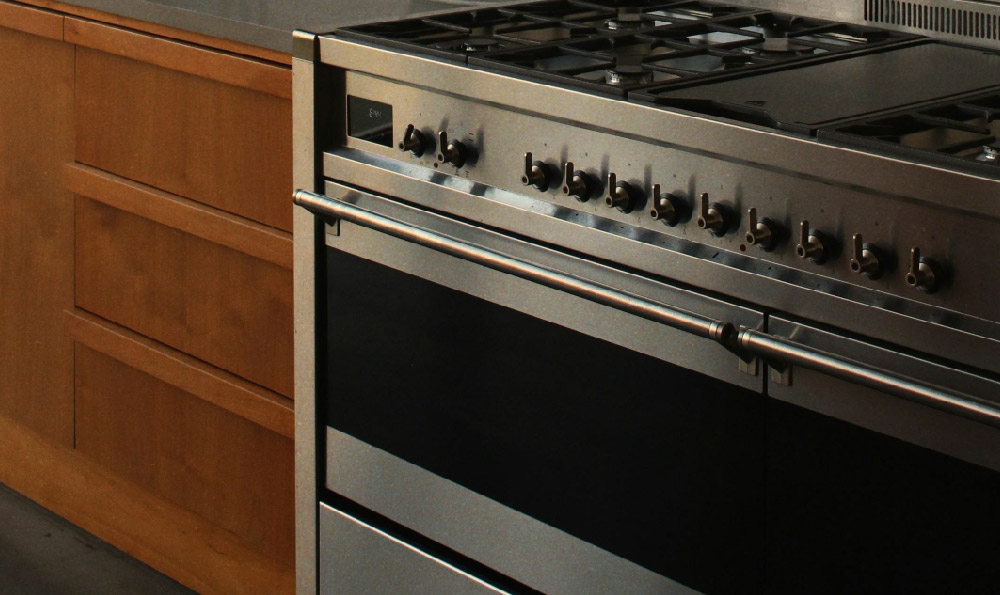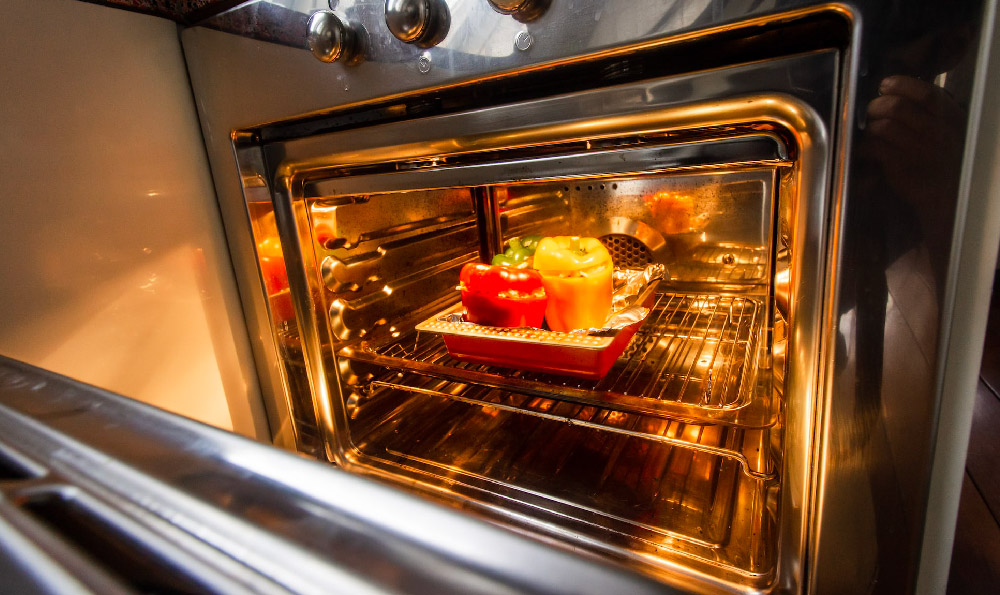智能科技的发展给我们的生活带来了许多便利,而家居智能化无疑是其中的一大亮点。未来的家居智能生活将会让我们的生活更加舒适便捷,让我们享受到高效和智能的生活体验。
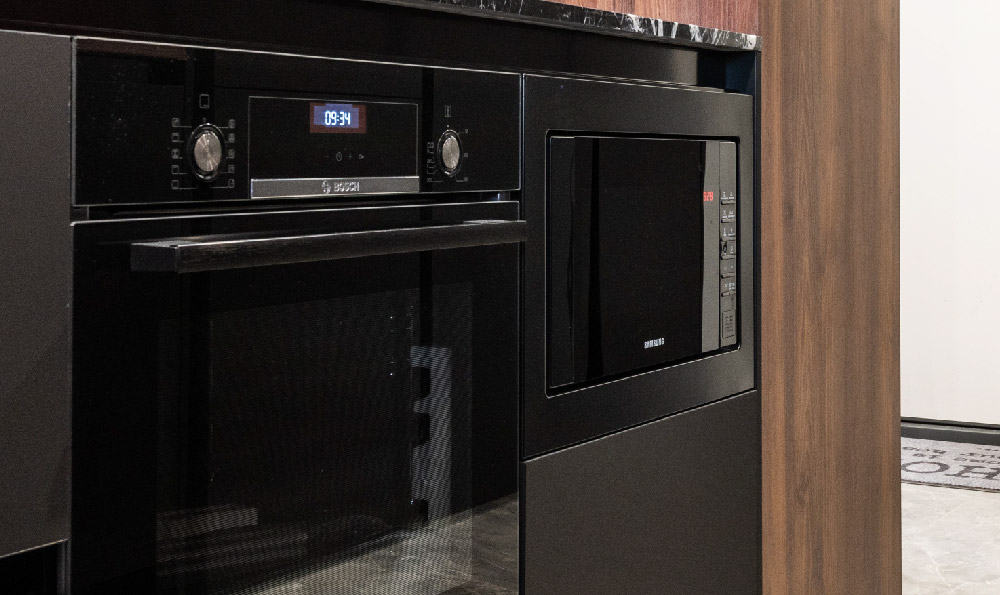
1. 智能家居:创造智能家庭的未来
智能家居是未来家居智能生活的核心概念。将各种家居设备通过互联网连接起来,形成一个智能家庭系统,实现设备之间的互联互通,从而实现家居的智能化管理和控制。你可以通过手机APP远程控制家里的灯光、空调和电视等设备,无论你身在何处,都能够随时随地享受到智能家居带来的便利。
2. 智能家电:让生活更加智能
未来的家电将会被赋予更强的智能化功能。智能冰箱能够根据你的购物清单自动为你下单,智能洗衣机根据衣物材质和脏污程度进行智能洗涤,智能炉灶能够自动识别食材并智能调节火力。这些智能家电不仅能够提高我们的工作效率,还能够为我们节省时间和精力。
3. 智能安防:守护家庭的安全
智能安防系统是未来家居智能生活中不可或缺的一部分。通过智能门锁和安防摄像头等设备,我们能够随时随地监控家里的安全状况,并能够通过手机APP实时接收到相关报警信息。智能安防系统还能够识别陌生人并发出警报,有效保护家庭成员的人身安全。
4. 智能家居管理系统:打造智能家庭中枢
智能家居管理系统是整个智能家庭的中枢。它可以集成各种智能设备,通过人工智能技术进行智能控制和管理。你可以通过语音控制系统来打开窗帘、调节温度、播放音乐等。智能家居管理系统还可以学习你的生活习惯和喜好,自动调整家居设备的使用方式,为你打造一个定制化的智能生活环境。
5. 智能节能:关爱地球,省钱又环保
未来的家居智能生活将更加注重节能环保。智能家居系统可以通过感应技术,自动感知家中人员的存在和活动情况,合理调控家里的用电和用水。智能家电也会通过智能化管理系统来优化能源利用效率,将家庭能源消耗最低化。这不仅可以为我们节省大量的能源费用,还能够减少对环境的负荷。
未来家居智能生活将会给我们带来许多便捷和智能化的体验。智能家居、智能家电、智能安防、智能家居管理系统和智能节能将成为未来家居智能生活的重要方面。让我们期待智能科技的进一步发展,享受更加智能化的家居生活!
未来家居智能生活
一、智能家居的定义和概念

智能家居是指利用先进的网络、信息技术和自动化设备,实现对家庭环境、设备和家庭设备的远程控制和管理。智能家居的核心是通过互联网连接各种设备,使家居设备实现智能化操作、自动化控制和远程管理。智能家居不仅能提高家居的舒适度和便利性,还能有效节约能源,实现低碳生活。
二、智能家居的核心技术
智能家居的核心技术包括物联网技术、嵌入式技术、传感器技术和人工智能技术。物联网技术使得各种设备能够通过互联网连接,形成一个智能化的网络系统。嵌入式技术使得各种设备能够实现智能化的操作和控制。传感器技术可以感知家庭环境和设备的状态,实现智能化的监测和控制。人工智能技术可以通过学习和推理,实现智能化的决策和回应。
三、智能家居的应用场景
智能家居可以应用于家庭的各个场景,如居住区、厨房、卧室、客厅等。在居住区,智能家居可以实现自动化的门禁和安防系统,提高居住的安全性和便捷性。在厨房,智能家居可以实现智能化的烹饪和清洁,提高烹饪的效率和卫生。在卧室,智能家居可以实现智能化的睡眠监测和环境调节,提高睡眠质量和健康状况。在客厅,智能家居可以实现智能化的娱乐和互动,提供丰富多样的娱乐和沟通方式。
四、智能家居的优势和挑战
智能家居的优势是提高居住的舒适度、便利性和安全性。通过智能化的操作和控制,可以实现家庭设备的自动化和远程管理,提高生活的便捷性和舒适度。智能家居可以实现家庭的安全监测和报警,提高居住的安全性和稳定性。智能家居也面临着一些挑战,如设备兼容性、网络安全性和数据隐私保护等问题。解决这些问题,需要技术和法律等方面的支持和保障。
五、未来智能家居的发展趋势
未来智能家居的发展趋势是智能化、个性化和生态化。智能化是指智能家居设备的智能操作和自动化控制能力不断提高,能够实现更加智能化的家居体验。个性化是指智能家居设备根据用户的个性化需求和习惯,提供个性化的服务和体验,满足用户的个性化需求。生态化是指智能家居设备与其他家庭设备和生活服务相互连接,形成一个智能化的生态系统,提供全方位的智能化服务和体验。
在未来的家居生活中,智能化将成为趋势,我们将不再需要费尽心思去操作家里的设备,而是通过手机或语音助手就能轻松实现。家居设备将逐渐变得更加智能化、个性化和生态化,让我们的生活更加便利、舒适和安全。智能家居的充满了无限的可能性,让我们拭目以待吧!
未来家居智能生活的发展前景广阔,智能化将成为趋势。智能家居通过物联网、嵌入式、传感器和人工智能等技术,实现家庭设备的自动化和远程管理。智能家居不仅提高生活的便利性和舒适度,还可以节约能源,实现低碳生活。智能家居也面临着一些挑战,需要技术和法律等方面的支持和保障。未来智能家居的发展趋势是智能化、个性化和生态化,智能家居设备将更加智能化、个性化和生态化,为我们提供更加便利、舒适和安全的居家生活。
未来家居智能生活
Introduction The Rapid Growth of Smart Home Industry

The smart home industry has been experiencing rapid growth in recent years, and it is expected to continue expanding in the future. With the advancement of technology, homes are becoming more interconnected and intelligent, offering homeowners unprecedented convenience and efficiency. In this article, we will explore the current state of smart home technology and discuss its potential impact on our daily lives.
Part 1 The Foundation of Smart Home Technology
At the heart of smart home technology lies the concept of connectivity. Various devices and appliances within the home are equipped with sensors and connected to a network, enabling them to communicate with each other and with homeowners. From voice-controlled assistants to automated security systems, these interconnected devices form the foundation of a smart home, bringing immense convenience to residents.
Part 2 Enhancing Comfort and Convenience
One of the key benefits of smart home technology is its ability to enhance comfort and convenience. Imagine waking up to a house that has already adjusted the temperature to your liking, or coming home to a well-lit and cozy living space. With smart thermostats and lighting systems, these scenarios are no longer a dream but a reality. Additionally, through the integration of smart appliances, daily tasks such as cooking and cleaning can be automated, allowing homeowners to focus their time and energy on other activities.
Part 3 Improved Energy Efficiency
Smart home technology also has the potential to significantly reduce energy consumption and promote sustainability. By monitoring and analyzing energy usage patterns, smart systems can optimize energy consumption, resulting in lower utility bills. Furthermore, the integration of renewable energy sources, such as solar panels and smart grids, can further enhance the energy efficiency of smart homes.
Part 4 Enhanced Security and Safety Measures
Another significant aspect of smart home technology is its ability to enhance security and safety measures. With advanced security systems that include smart locks, video doorbells, and motion sensors, homeowners can remotely access and monitor their homes, providing peace of mind even when they are away. Additionally, smart home systems can detect and respond to emergencies such as fires, floods, and gas leaks, mitigating potential risks and ensuring the safety of residents.
Part 5 The Future of Smart Home Technology
Looking forward, the future of smart home technology holds even more promising possibilities. With the integration of artificial intelligence, homes will become even smarter, learning and adapting to the preferences and habits of its residents. Additionally, the advancement of smart city initiatives will create an interconnected ecosystem where homes, transportation, and infrastructure are seamlessly integrated, further enhancing the overall quality of life.
Conclusion Embracing the Smart Home Revolution
As smart home technology continues to evolve, it is clear that it has the potential to revolutionize our daily lives. From enhancing comfort and convenience to promoting energy efficiency and security, the benefits of smart homes are undeniable. Embracing this technological revolution will not only transform our homes but also significantly impact our overall well-being. It is crucial for individuals, industries, and governments to embrace and support the development of smart home technology for a brighter and smarter future.






